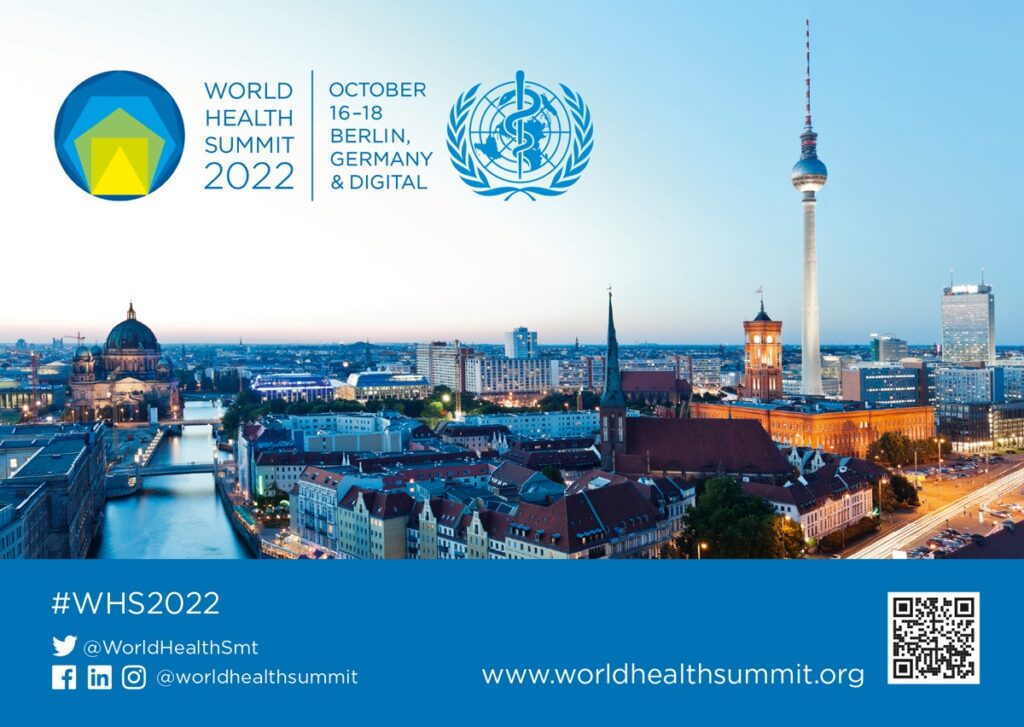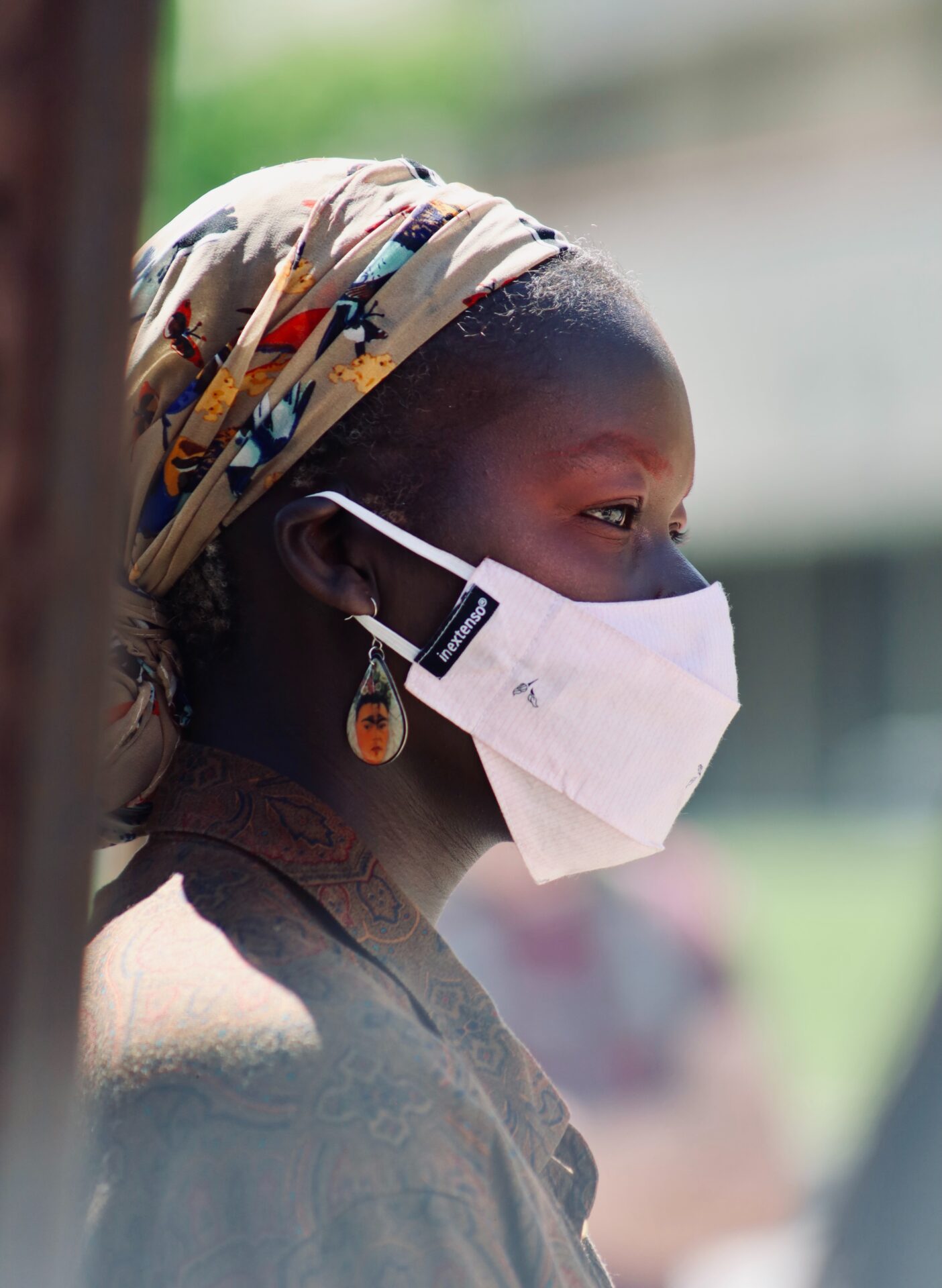- This 90-minute roundtable is co-hosted by the UNU International Institute for Global Health (UNU-IIGH), World Health Organization, Lancet Commission on Gender and Global Health, and Feminists for a People’s Vaccine.
- Experts will share and reflect on the experience and evidence to date and identify concrete pathways to position gender and equity firmly on the immunisation and pandemic preparedness agenda.
- The discussion will articulate a clear, shared, policy-relevant and people-centred vision to guide the application of a gender lens to vaccine and immunisation research, investments, and programming.
- This event took place at the World Health Summit in Berlin, Germany on 16 October, 2022
The development of safe, effective vaccines to prevent and protect against disease is a remarkable scientific achievement with widespread success including, in some cases, eradication. With the most recent pandemic of COVID-19, the global community has been alerted to not only what science can achieve within a short period of time but the barriers that hold back progress. The impact of inequalities in sex, gender, and related social determinants (race, class, geography, ability, etc) were observed at all stages of COVID-19 vaccine rollout: in relation to vaccine development (e.g. who is included or excluded from clinical trials), vaccine deployment, access and uptake, as well as vaccine hesitancy and intention to take up vaccine when offered or available. The same can be seen in the case of immunisation – child or adolescent – where marginalised communities remain un/underserved. The diagnosis is clear: sex, gender, and intersectional inequities limit the success of vaccine rollout and embed injustice in efforts to achieve health for all. In addition, the COVID-19 pandemic, compounded with other humanitarian crises, has led to backsliding on hard-won progress.
The urgency and priority of the global response to COVID-19 has reaffirmed the need to do things differently, learn from experience, and prepare more effectively for ongoing and future vaccine development and deployment. In order to achieve sustainable change, the global health community must consider past and current successes and failures in vaccine design and deployment and immunisation to chart a way forward that is equitable, actionable, and leaves no one behind. In this roundtable discussion, stakeholders from governments, CSOs, UN entities, and donor communities will review the evidence for sex, gender, and intersectional inequities in relation to vaccine developments and immunisation promotion and uptake to highlight the promising practices in redressing inequities and achieving health for all. The discussion will articulate a clear, shared, policy-relevant and people-centred vision to guide the application of a gender lens to vaccine research, investments, and programming and outline a joint statement of concrete steps for collective action.
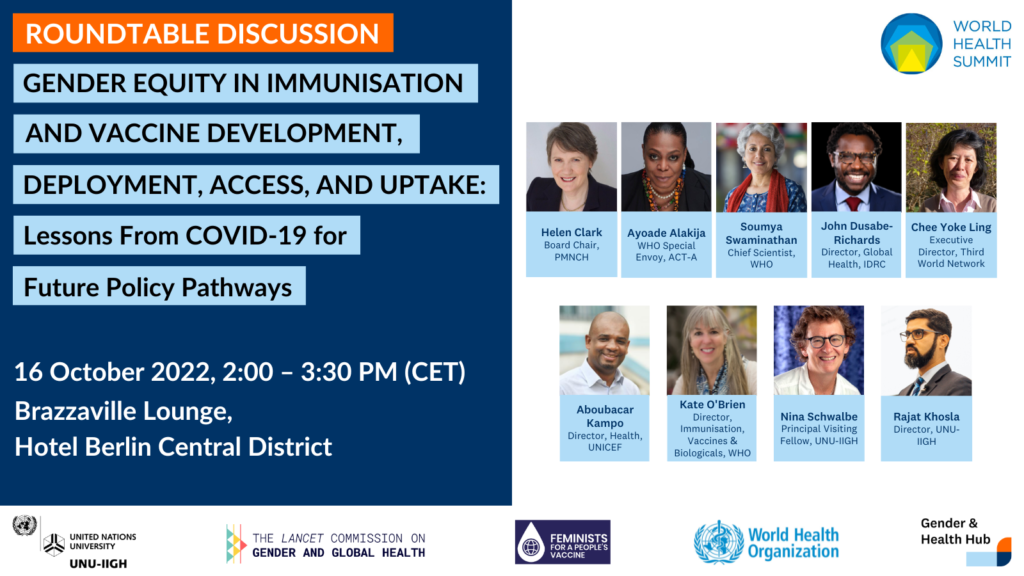
Key Guiding Questions
- To what extent were sex and gender barriers and inequities observed in vaccine development and deployment during the COVID-19 pandemic? What has worked effectively to address gendered barriers to vaccine development and immunisation deployment and uptake?
- What learning does the experience of COVID-19 vaccines offer for a gender-informed development and introduction to other vaccines – including the introduction of new vaccines and the deployment of vaccines in humanitarian settings? What should be retained, done differently, or implemented more widely?
- How can evidence, data, and programmatic learning shape the way forward on a gender-responsive approach?
- What actions are needed to build a more robust global health system to reach zero-dose communities and achieve effective pandemic preparedness and health for all?
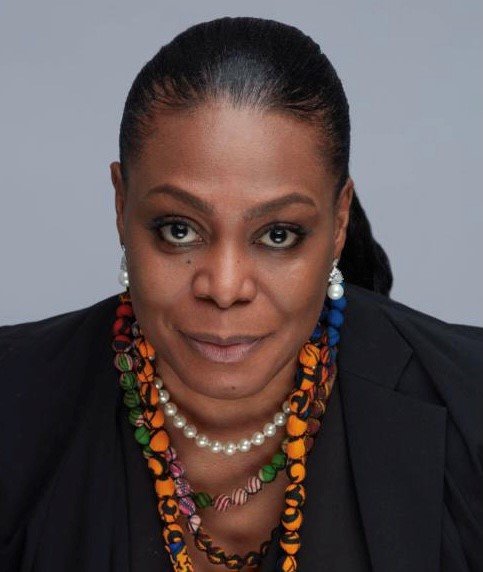
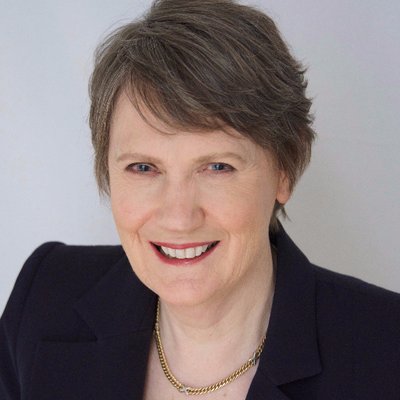

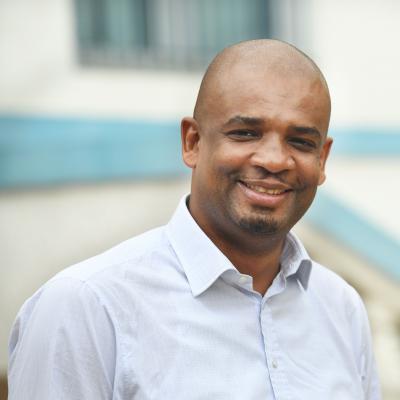
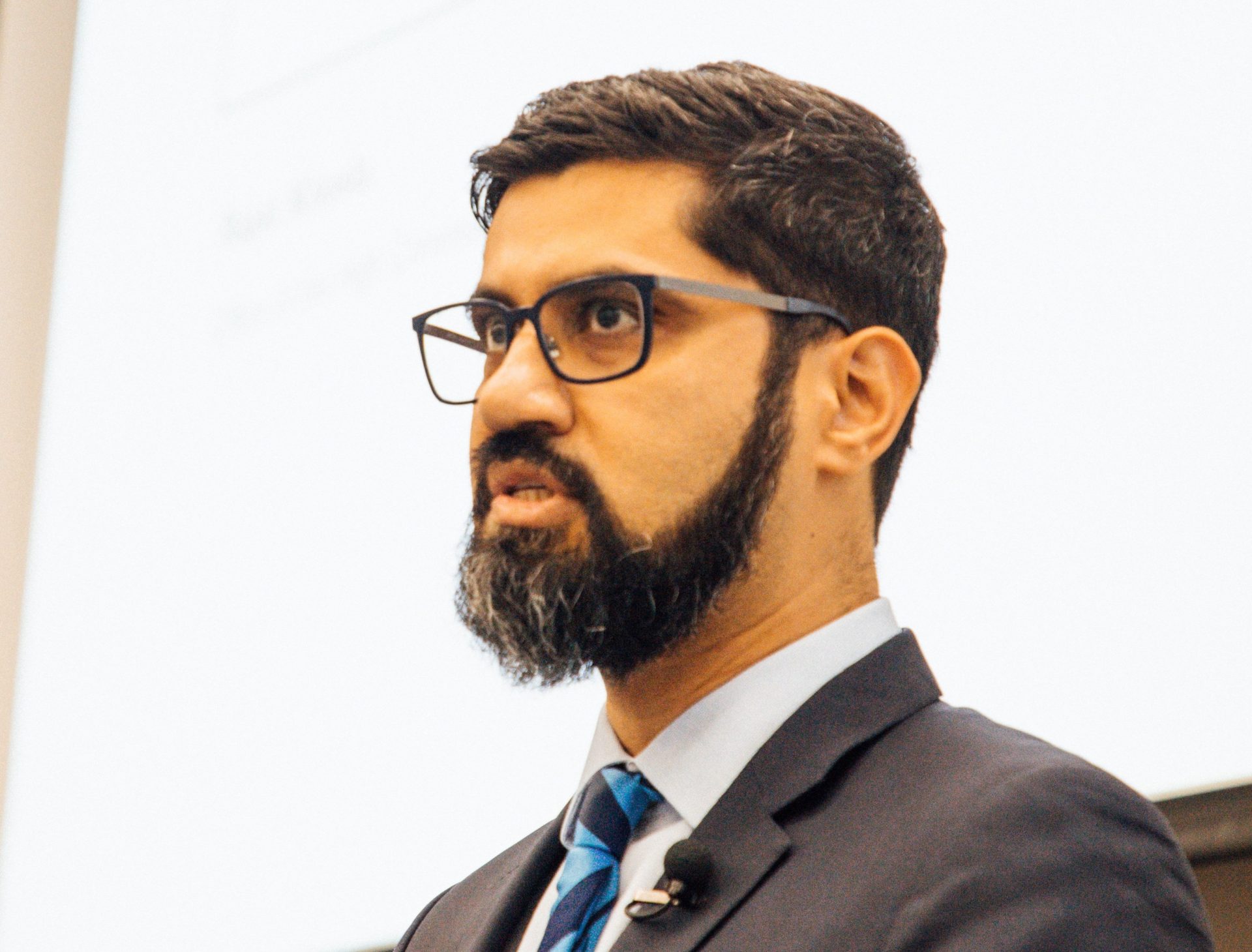

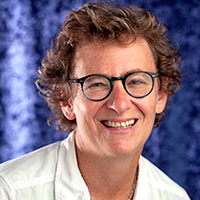
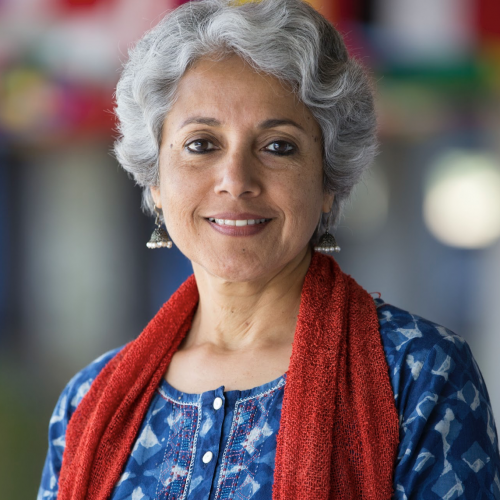
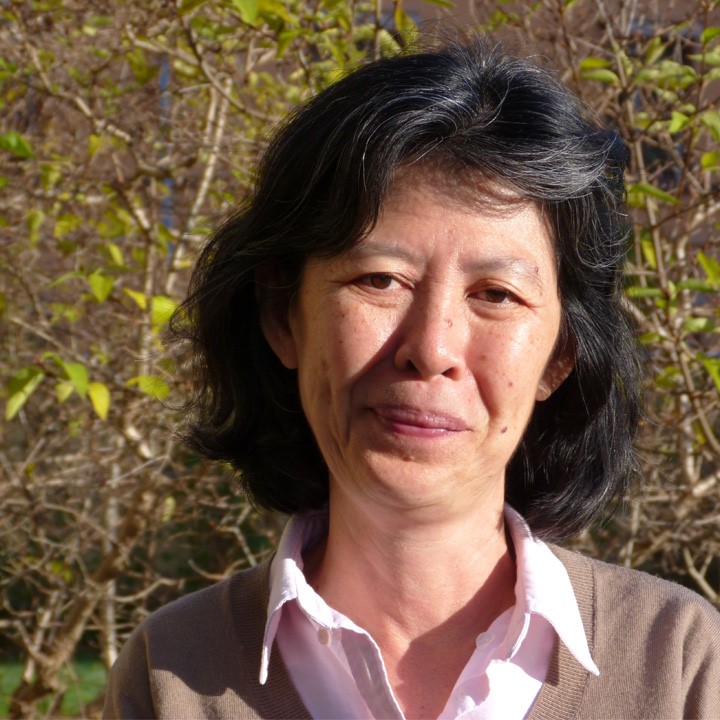
Outcomes
- Building multistakeholder alliances for a gender response/gender informed global health architecture
- Articulating a clear shared policy-relevant and people-centred vision to guide the application of a gender lens to vaccine research, investments and programming
- Consolidating and amplifying promising practices in addressing gender and sex-related barriers in vaccine development and deployment.
- Outlining transferable lessons for future efforts on pandemic preparedness with regard to gender and vaccination specifically, what should be retained, done differently or implemented more widely building on the Guidance note and checklist for tackling gender-related barriers to equitable COVID-19 vaccine deployment.
Outputs
- Key messages and recommendations from the session will be compiled in a joint statement for publication and further engagement.
